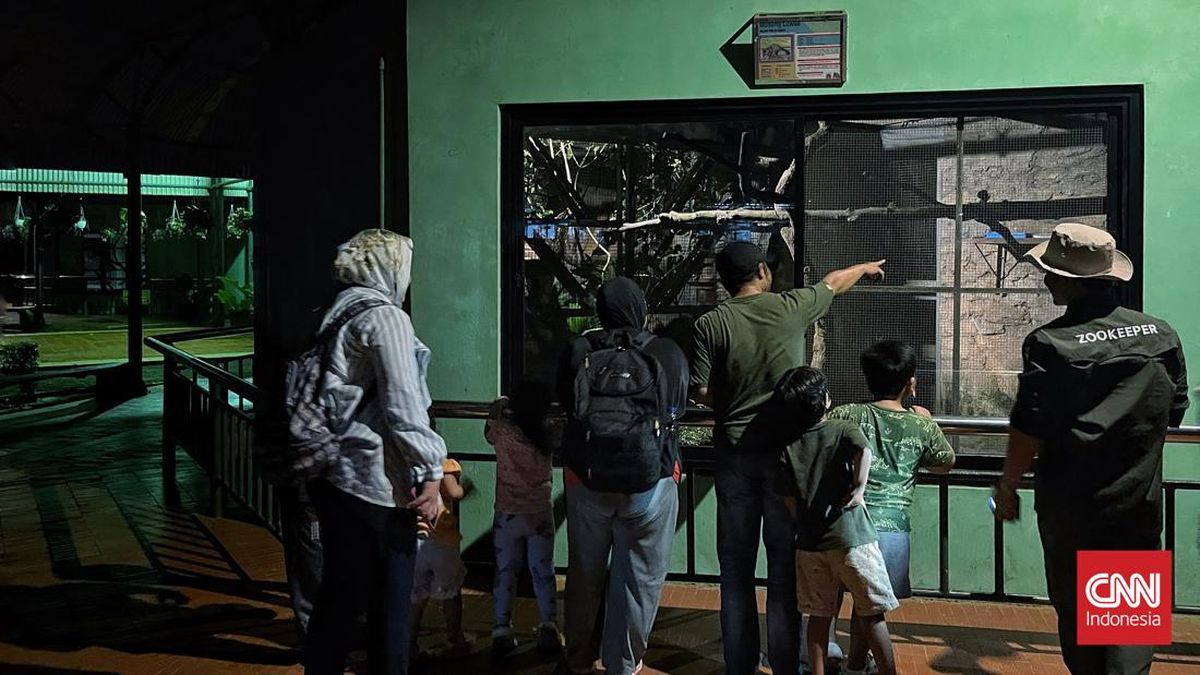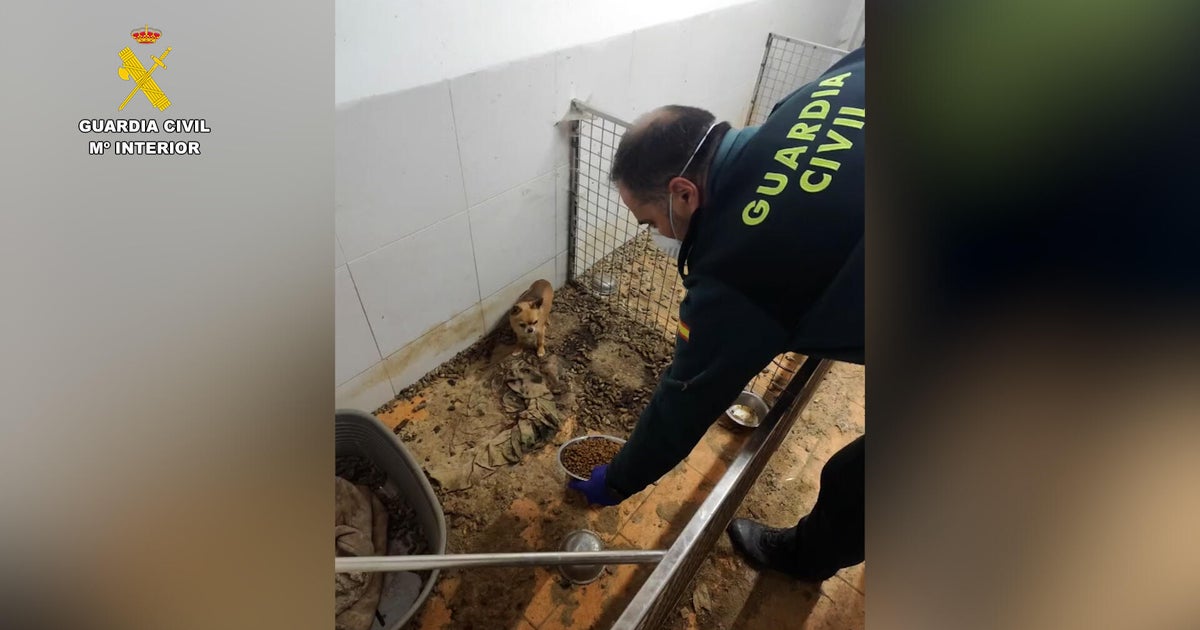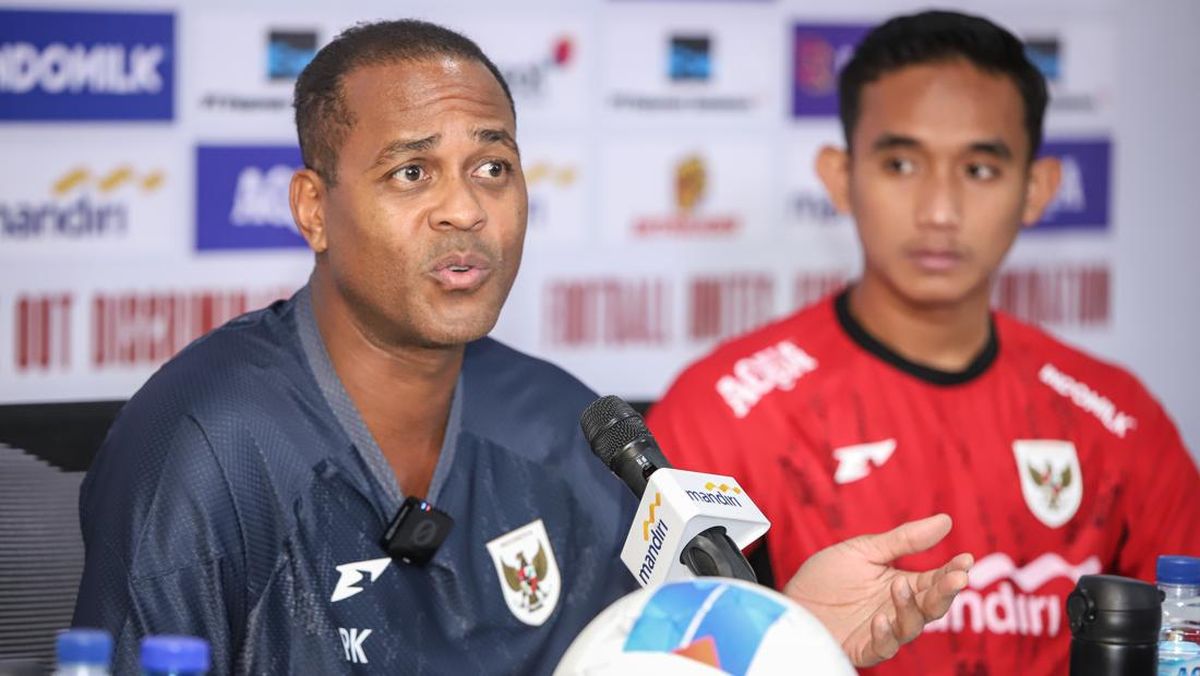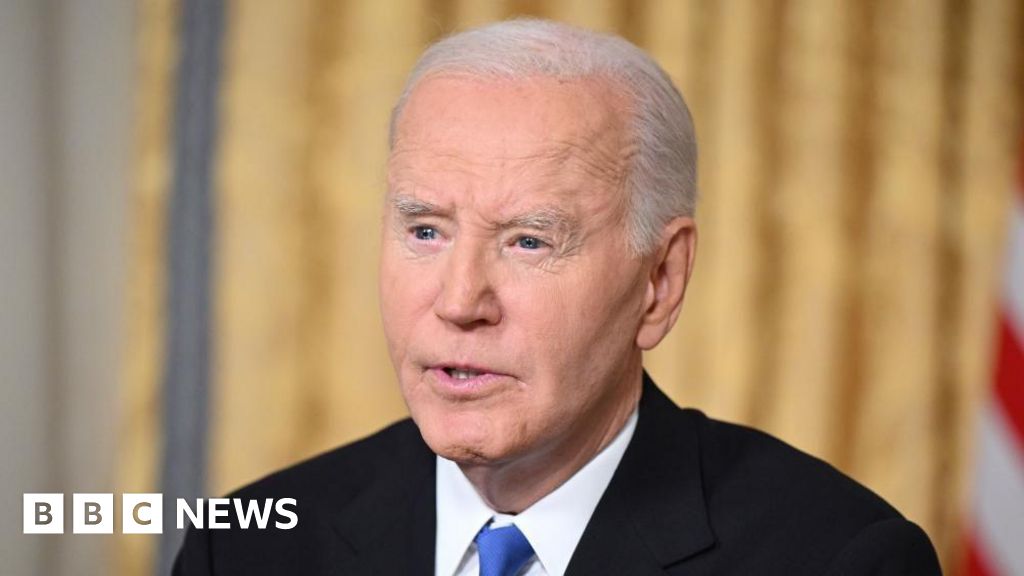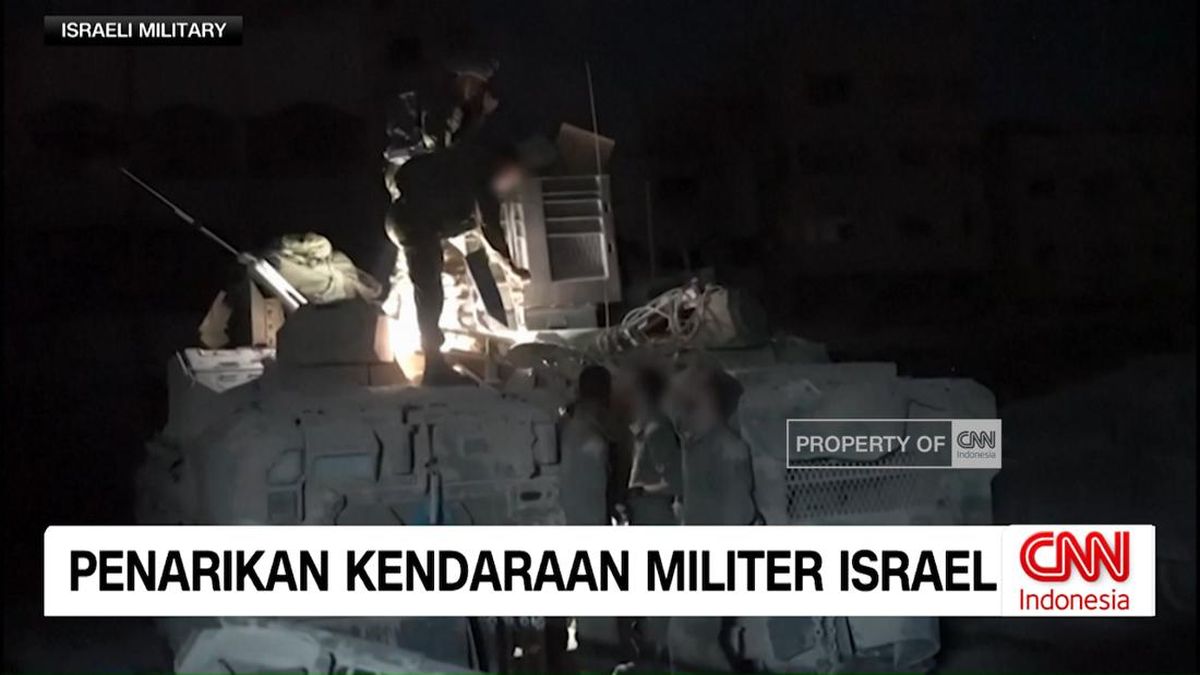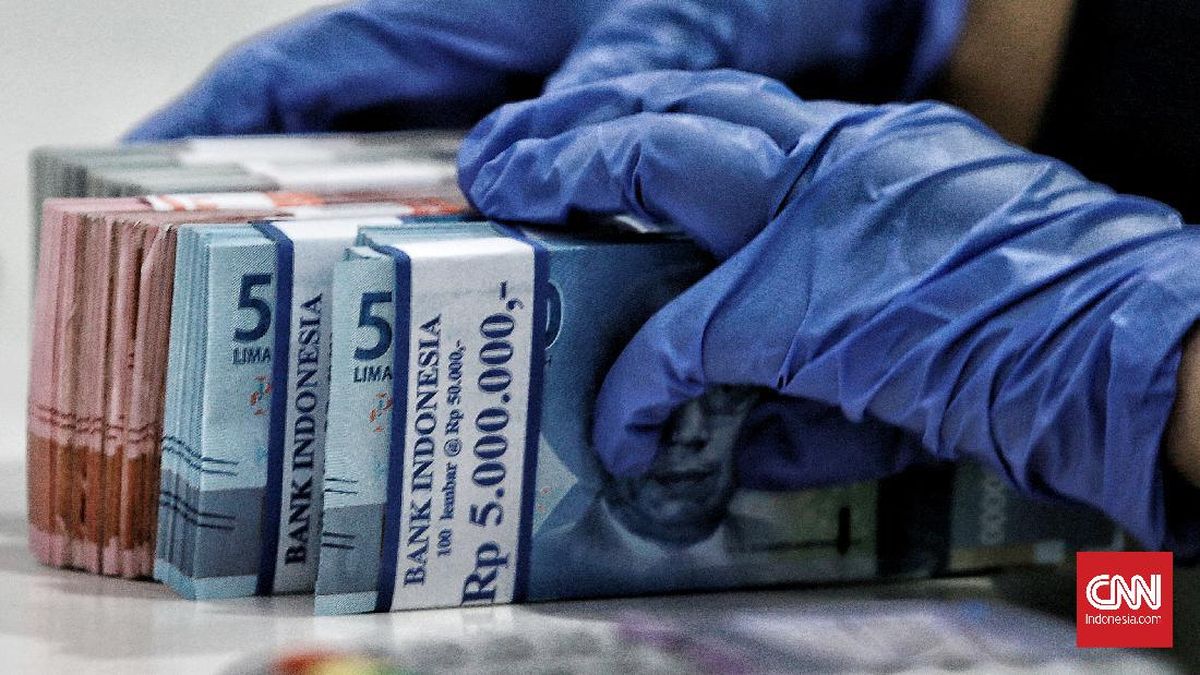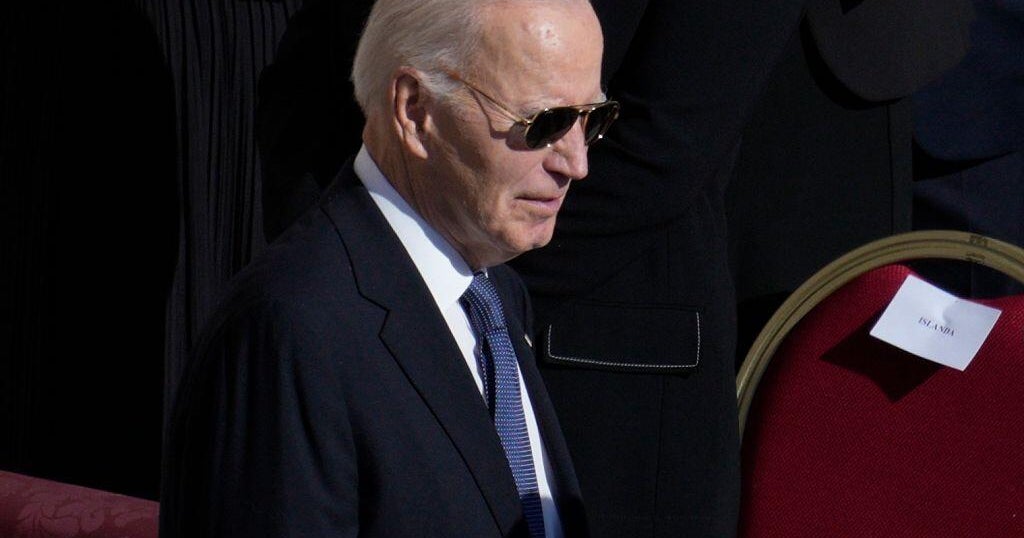India's aviation regulator has uncovered 51 safety violations at Air India during the past year, as part of its annual audit of the country's airlines.
Although unrelated to last month's Air India Boeing 787 crash that killed 260 people, the findings come amid renewed scrutiny of the airline after the tragedy.
Seven safety-related lapses were of the highest level, the auditors said, but did not provide details.
Air India said the airline was "fully transparent" during the Directorate General of Civil Aviation's (DGCA) July audit, which was part of routine checks to improve systems. Regular audits are standard for all airlines to assess and improve their processes, an airline spokesperson said.
"We acknowledge receipt of the findings and will submit our response to the regulator within the stipulated time frame, along with the details of the corrective actions taken," the spokesperson added
- The voices in the cockpit fuelling controversy over Air India crash
- Read the preliminary report
- Are India's skies safe? Air safety watchdog responds amid rising concerns
India's aviation regulator flagged 263 safety issues across eight commercial airlines in its annual audit, including 44 Level 2 and seven Level 1 findings at Air India.
Other airlines with notable findings included Alliance Air (57), Ghodawat Star (41), Quick Jet (35), IndiGo (23), and SpiceJet (14).
According to the UN's International Civil Aviation Organization (ICAO) whose standards guide Indian audits, Level 1 findings indicate non-compliance that "lowers safety or seriously endangers safety."
These could trigger immediate action - including suspension, restriction or even revocation of the airline's approvals.
Level 2 findings are less critical but still safety-related - these are non-compliances by the airlines that "could lower or possibly hazard safety".
Airlines are given up to three months to implement corrective actions, which may be extended if the regulator approves the action plan.
Details of Air India's specific lapses in the latest aduit remain unclear. But a government report cited by Reuters highlights the airline's inadequate pilot training, use of unapproved simulators, and poor rostering.
Officials flagged "recurrent training gaps" for some Boeing 787 and 777 pilots missing mandatory monitoring duties, according to Reuters.
In a separate statement the DGCA said that it conducted regular audits under its 'Annual Surveillance Plan' to identify safety gaps and drive improvements.
Based on ICAO standards and global best practices, these audits "ensure compliance" and enhance airline operations across the board, the regulator said.
"It should be emphasised that, for airlines with extensive operations and large fleet sizes, a higher number of audit findings is entirely normal," the regulator added.
"The quantum and scale of their activities mean that such observations reflect the breadth and depth of their operations rather than any unusual lapse. Globally, aviation regulators routinely encounter similar patterns with major carriers due to the diversity and intensity of their undertakings."
Earlier this month Reuters reported that the aviation watchdog had reprimanded Air India's budget carrier in March for delaying mandatory engine part replacements on an Airbus A320 and falsifying records to show compliance.
Air India Express told the news agency it acknowledged the error to DGCA and undertook "remedial action and preventive measures".
In a recent interview with the BBC, Faiz Ahmed Kidwai, the DGCA chief, said the information in this case came through "self-reporting by the airline".
"I would not condone it [the lapses]. But [at least] we have started getting these reports. This came from the airline. Action has been taken in this case. In our audits we have mandated our people to be more alert and see whether there is any lapse and bring it to our attention," he said. "India's skies have always been safe."
Citing ICAO data, Mr Kidwai noted India consistently outperforms the global average for accidents per million flights.
He said, "Only twice between 2010 and 2024 did we exceed the global average - both years with major accidents."
In August 2020, Air India Express Flight 1344 crashed after skidding off a rain-soaked tabletop runway in Kozhikode, killing 21 people.
A decade earlier, in May 2010, Flight 812 from Dubai overshot the runway in Mangalore and plunged into a gorge, leaving 158 dead. June's Air India crash was the third such accident in the country in 15 years.
Since 2020, Indian domestic carriers have reported 2,461 technical faults, according to the federal civil aviation ministry data.
IndiGo accounted for over half (1,288), followed by SpiceJet with 633, and Air India and its subsidiary Air India Express with 389 cases, as of January 2025.
"Reporting of snags by airlines has gone up. This is good," Mr Kidwai said.
"I wouldn't say I'm pleased about it. But I do see value in the growing culture of reporting [snags]. It's far better for every snag to be brought to the attention of the authorities than keeping quiet and operating the aircraft."

 2 months ago
18
2 months ago
18


